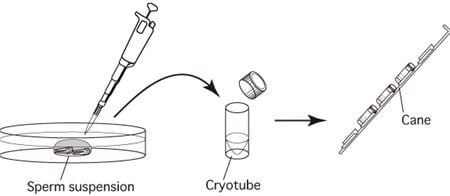Cryopreservation can be an essential part of the in vitro fertilization (IVF) fertility treatment process. Through cryopreservation, fertilized dividing embryos or unfertilized eggs (oocytes) can be preserved for future use.
It is seen that each couple’s fertility challenges are unique, we are dedicated to providing a wide range of fertility treatments. When used as part of the IVF treatment process, cryopreservation can increase the chances of achieving pregnancy for some couples. During IVF cycle, the cryopreservation allows couples to save the number of embryos for multiple conception attempts. In some patients, this can lead to successful treatment without using fertility drugs, availing more chances of successful implantation.
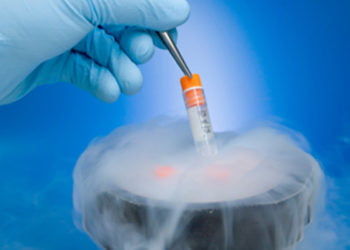

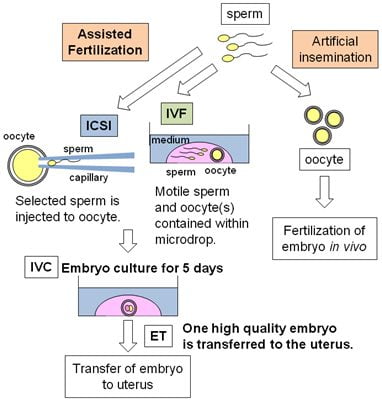

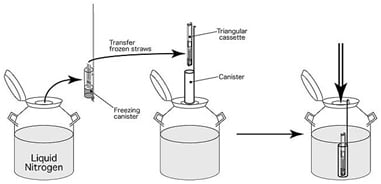

Oocyte cryopreservation or vitrification (egg freezing) is a very advantageous procedure. Oocytes are cryopreserved and later, when a woman is ready to become pregnant, these eggs are thawed, fertilized and transferred to the uterus as embryos.
✓ Women desiring to postpone childbearing for the purpose of education, career or other reasons, freezing eggs at an early age may ensure a chance for a future pregnancy.
✓ Women with a family history of early menopause have an interest in fertility preservation.
✓ Women undergoing radiotherapy or chemotherapy
✓ In cases where surgical removal of ovaries is required
✓ To retrieve eggs from the ovary woman is stimulated with hormones same as IVF treatment. When eggs are matured the eggs are removed with the help of ultrasound-guided needle through the vagina. This procedure is conducted under anaesthesia. Then these eggs are frozen using special kind of cryoprotectant to avoid the formation of ice crystals.
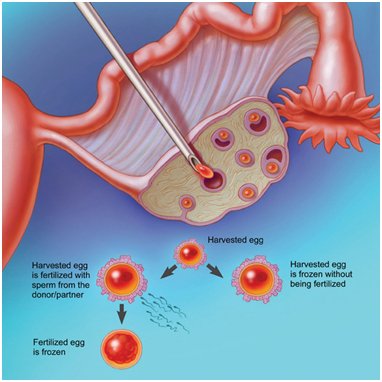

Sperms can be stored from ejaculates or from fluid extracted in the operating room during surgical procedures such as epididymal and testicular sperm specimens.
